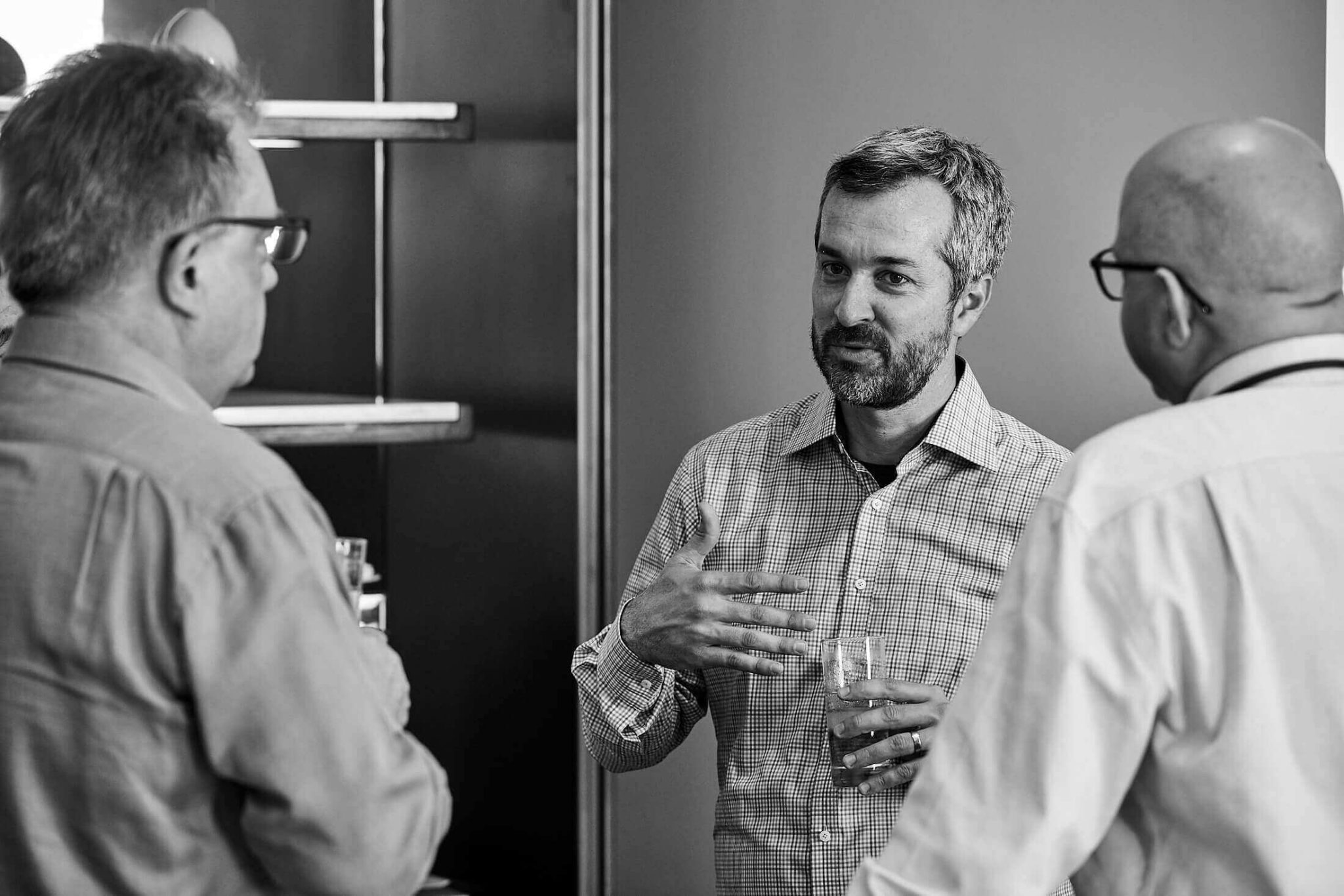COVID-19: Four Focus Areas for AU & NZ Businesses
The COVID-19 crisis has revealed many vulnerabilities but also opportunities to innovate and evolve almost daily to help our businesses. Our people have changed the way they think, work, collaborate with greater resilience and can challenge the status quo.
This is a once in a generation crisis that can drive a once in a generation opportunity to disrupt the status quo”
At the ADAPT CFO Edge event held in Sydney in November 2019, the late Paul Shetler somewhat prophetically commented, “Crises do have a good thing, they make people hungry and force them to start thinking about the future. Without that sense of urgency, pretty much any human activity tends towards being relatively flaccid.”
In early February ADAPT published advice as the Coronavirus crisis began to unfold.
As lockdown rules came into place, organisations have started grappling with how to manage the internal implications of reduced revenue, increased technology and security costs whilst handling stand-downs and mass lay-offs.
Over the past few weeks our customers, community, friends and families have faced unprecedented change, distraction, turmoil, and transition. Many of us have never experienced such disruption to our lives nor can we barely comprehend the impact the current coronavirus has had on so many people around the world.
The crisis has revealed many vulnerabilities but also opportunities to innovate and evolve almost daily to help our businesses. Our people have changed the way they think, work, collaborate with greater resilience and can challenge the status quo.
There are four key areas organisations must double down on as COVID-19 drags on, and ultimately ends for us to emerge stronger, relevant and agile.
Innovation; Customer Service (not just CX); Employee Experience; Partnerships
Innovation
Businesses and how we work will never be the same again, as innovation budgets are being cancelled and new initiatives are being shut down or postponed, we mustn’t let panic be the saviour of Legacy IT, processes and mindset.
Organisations must move from “we need to keep things going mindsets, to looking at how they can look for growth” as the crisis eases, we will need innovation and transformation more than ever.”
It is critical to innovate to survive and thrive. However, the idea of innovation must change, from large, mammoth projects to simple problem-solving sprints, which then gets embedded within the culture of the organisation, its employees and stakeholders. A crisis such as COVID–19 requires organisations to take quick and active measures. It’s a completely different environment and hence the existing ideas of problem-solving, and innovation may not work. This is the time to develop quick, lateral thinking with a beginner’s mind.
Customer Service
We need to demonstrate value in non-traditional ways to our customers, helping them get through the current crisis more effectively. We must maintain loyalty to thrive in the current crisis and emerge with intact, hopeful and improved relationships.
The perception of value has changed, your customers are in panic, fear and high levels of stress. They need support and service around necessities – product/service availability, delivery and someone to talk in case they need help. However, most organisations seem underprepared to meet these bare minimum expectations.
Employee Experience
The principles of employee experience defined by a physical first workplace world have changed forever. The frustrations our employees had before COVID-19 have taken on even more meaning as organisations scramble to transition large portions of their workforce to remote work.
Now is the time for companies to audit employees, understand how collaboration has reduced, increased or changed. Which employees, departments and functions have adapted the easiest and most effectively?
This is an opportunity to reduce employee frustrations and build on learnings from COVID-19 to make sure we do not simply go back to the pre-pandemic status quo of employee experience and waste what has been achieved.
Partnerships
There are still weeks, if not months of uncertainty left to run its course. Partner and customer relationships will be tested, weakened or strengthened. The concept of trusted partnerships has taken on new meaning during the current pandemic when organisations have had to ramp up and down investments across technology, facilities, people, travel real estate, communications, and more. Many companies have found out who stood out as true partners in the hour of need.
Now, more than ever is the time to look for those partners that are playing the long game in their support. Partners that look for short term gains or are unwilling to share some of the pain, will find themselves unable to salvage what may have been a good relationship pre-COVID-19, with the associated impact on their business post this pandemic.
Think beyond the Crisis!
As conditions ease and mandates are relaxed, organisations should take a staged approach to business as usual. Just as the rapid shift to remote working practices disrupted, culture, availability and performance, the return to normal can also be disruptive.
Employees will have gotten used to different ways of work, some may prefer it, some will not work closely with HR and other parts of the business to help identify potential problems and be understanding of the disruption getting back to normal.
Don’t waste the opportunity this crisis has brought in terms of assessing and deploying best of breed tools and services.”
Consider how you can now leverage these and new ways of working to reduce real estate and facilities costs. We are going to face disruption from crises related to climate change and pandemics – if we don’t learn, adapt and evolve from this one, then we will face similar situations during the next crisis.
ADAPT Research and Advisory is writing a whole series of research reports on building reliance, business continuity planning, and coming out strong in the new environment. Learn more about leveraging local data insights here.






















